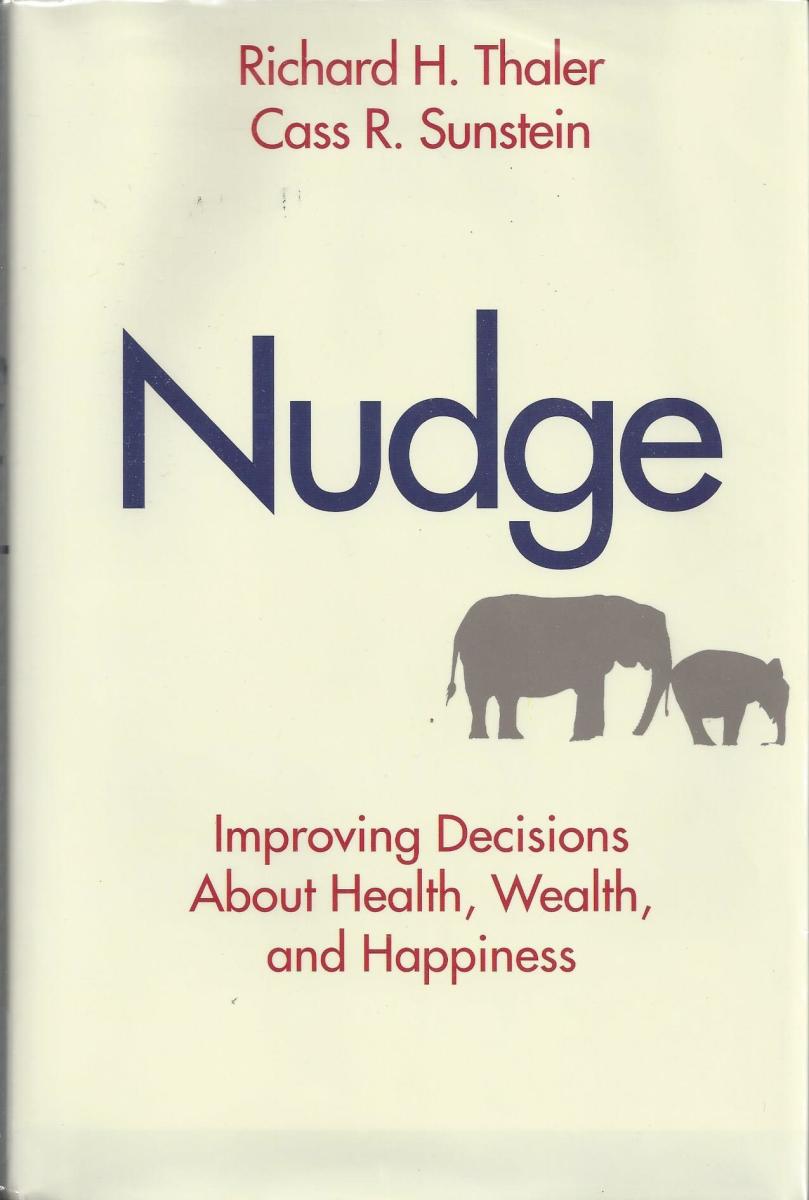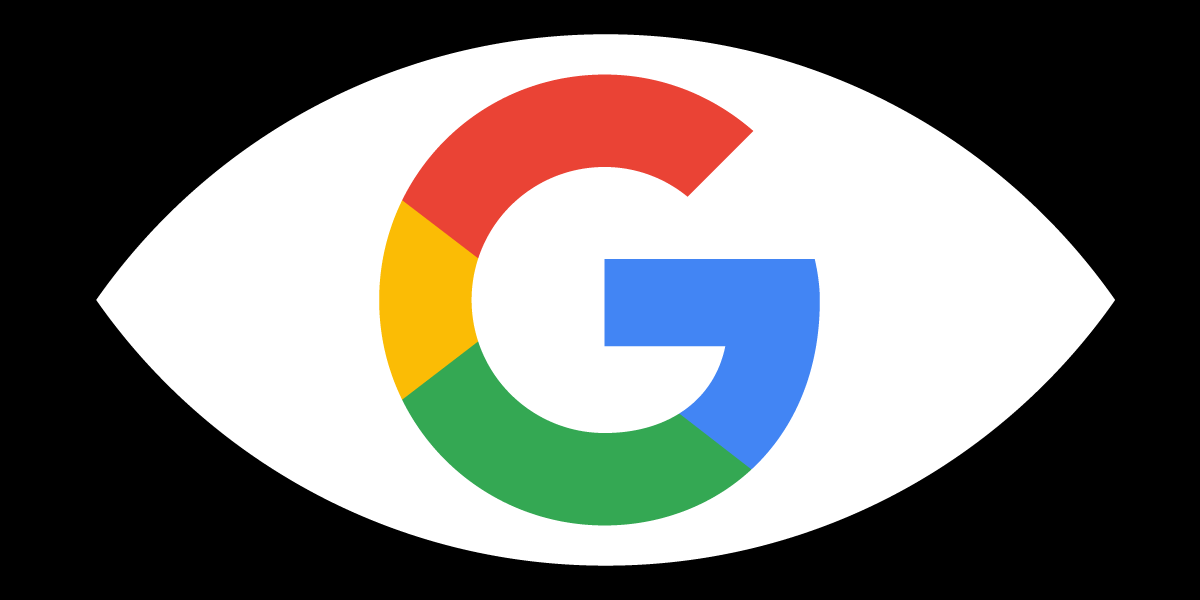Censorship on YouTube: My Thoughts on the Totalbiscuit / FUN Creators Situation

Copyright and fair use on YouTube has always been a heated topic. While most agree that there are many cases protected by fair use, exactly where this line is has always been a gray area up for debate. The one area that is almost universally accepted to be fair use, however, is in criticism - that is, content creators using game assets in a review of a game. In fact, protection of such criticism is one of the main reasons for fair use existing in the first place - without critics reviewing games and other forms of media, consumers lack the information needed to make educated purchasing decisions. Without fair use, developers and publishers have the ability to remove anything that uses their content that they don't like. They would have the ability to eliminate all negative criticism of their content online, and eliminate the consumers access to unbiased reviews of the content in question.
This removal of information is censorship, and it is, to put it simply, a very bad thing. The Internet was designed to be a hub of information, a champion of free speech. Without things such as fair use, there is nothing "free" about speech on the Internet. Nobody should have the ability to silence someone just because they don't agree or don't like that person's option.
With all that in mind, then, it's understandably very concerning when an independent game developer, in this case, FUN Creators, is able to use a DMCA request to take down negative criticism of their game protected under fair use. In this particular situation, the review in question was by TotalBiscuit, one of the top PC gaming critics on YouTube. FUN Creators recent release, "Guise of the Wolf," had received widespread negative criticism from a number of sources, and TB was no exception, releasing a scathing, but honest, review of the game as part of his "WTF is..." review series. FUN Creators then opted to file a DMCA takedown notice on the video, removing it from YouTube and posting a copyright "strike" against TB and Polaris, his partner network.
For those unfamiliar with the YouTube copyright claim system, a "strike" is a serious offense. Such strikes occur in the case of manually filed DMCA takedown requests (as in this particular instance) and when an appeal over an automatic ContentID claim is denied. Once a content creator accumulates three strikes, their channel is shut down and all their videos deleted. When the content creator is partnered with a content network, as TB is with Polaris, strikes also affect the partnered network in a similar manner. So when a developer such as FUN files a false DMCA claim to censor negative criticism of their game, it impacts go beyond the censorship itself - it also has the potential to shut down the content creator entirely, which, for full-time content creators such as TB, is a direct attack on their livelihood and career.
Unfortunately, this is not the first time TotalBiscuit has had to deal with a potential "strike" due to a developer trying to censor negative reviews of their game. Previously, Wild Maker Studios filed a similar claim to take down a TB's review of "Day One: Garry's Incident." After widespread community backlash, Wild Maker eventually gave in and released the claim.
The current situation with FUN Creators, however, made the Wild Maker incident seem tame in comparison. FUN refused to remove the strike after being contacted by Polaris, and went so far as to publicly deny filing the claim on their Twitter account. While this on its own is incredibly silly, as FUN is the only entity with the authority to file such a claim, what happened next can only be described as one of biggest fails in Public Relations of all time. After TB tweeted screenshots of e-mails from FUN confirming that the claim was indeed placed by them, they continued to deny doing so and accused the YouTube personality of photoshopping the e-mails to make them look responsible. While still publicly denying responsibility and playing the victim, FUN then sent TB an e-mail telling him to remove all of his videos and to delete his channel. They also mentioned that they would claim the e-mail to be fake if TB tweeted it.
As you can probably guess, TB tweeted that e-mail as well, and told FUN to direct all further communication to his lawyer. After that, things went fairly quiet, and the claim was eventually released, putting an end to FUN's historic PR blunder
What absolutely shocked me about the situation is the sheer unprofessionalism seen from FUN Creators throughout the incident. As an indie game developer myself, I can understand that it's difficult to have a project that you've dedicated so much time into be utterly ripped apart by reviews and criticism. But, when you're acting as a company, there is no place for the childish words and actions used by FUN throughout this incident. No matter how unfair you think someone is being, there is a standard of professionalism expected when you interact with a customer. Had FUN simply taken responsibility and removed the strike without a fuss, they might have been able to salvage some of their reputation. Instead, the people at FUN have completely destroyed their reputation, and very likely killed their future in the game development industry.
My personal favorite FUN response throughout this thing was after TB told them to direct all future communications to his lawyer. To which they replied: "No, @TotalBiscuit, sorry! After this emails game. Please contact us directly & let's have 2 trusted people to be CCed, agree?"
There are no words to describe the utter stupidity behind this tweet. If someone asks you to direct further communications to their lawyer, you don't just say "No thanks!" unless you WANT to open yourself to legal action. They continue to focus on the "emails game" instead of the potential legal consequences looming directly over their heads and the "let's have 2 trusted people to be CCed" bit feels more childish than anything.
For me, one of the big underlying issues here, aside from censorship in the Internet, is the completely lack of any competent PR from FUN's end. There have been many instances in the past of indie developers who, despite any talent they have at creating games, fail due to a lack of business or PR sense. While how much talent FUN has based on "Guise of the Wolf" is certainly debatable, there is no debating that this company lacked the business and PR sense needed to be successful, even if "Guise of the Wolf" wasn't a horrible train wreck of a game.
More indie developers need to realize just how important good business sense and public relations is to being successful. It doesn't matter how good your game is if you can't market it effectively. It takes more than just a good game concept implemented well.
To look at an example, take Minecraft, one of the biggest indie success stories that has quickly become one of the well-known games in recent history. Minecraft was an interesting concept implemented well, but what made it so successful was smart business strategy. Mojang, knowing it was an incredibly ambitious project, used a sort of "tiered" public release - customers received a discount on the game depending on the stage the game was in development when they bought it. For example, in the "Alpha" stages of the game, customers received a 50% discount, compared to a 25% discount in "Beta." This encouraged more people to purchase the game early on, which helped Mojang both by giving them revenue while the game was still in development, and by giving them lots of feedback and testing through the community. It was a very smart strategy and it's very possible that Minecraft wouldn't have achieved the same high level of success without the support that strategy gave it early on.
In addition to indie development, though, this situation also exposes flaws in copyright both on YouTube and on the Internet in general. While YouTube isn't necessary at fault here - they are legally obligated to take down the video upon a DMCA request or face legal consequenses themselves - it's easy to see how this situation could be abused on a larger scale through YouTube's automatic claim system, ContentID. FUN could just as easily have uploaded footage of their game to ContentID and removed any use of game footage on Youtube, a much more widespread method of silencing critics on YouTube. Although content creators can often fight these type of claims a bit easier, the simple fact that this widespread silencing is possible should raise red flags about the system. In US court, defendants are "innocent until proven guilty," but YouTube policies take the opposite approach. Every change that they've made on the copyright front has erred on the side of copyright holders, and while I can understand making some stringent policies to defend against legal issues, at some point YouTube needs to realize continuing to make it easy for their content creators to be stifled is counterproductive. The people who upload content to YouTube are the people who bring in the traffic, and therefore revenue, that YouTube needs to survive and grow, and by making it hard for content creators, YouTube is only hurting their own long term viability and growth.
Beyond YouTube, though, it's grossly apparent that "fair use" is too vague to be implemented. There is no clear line as to what is protected by fair use and what is not, and this grey area makes it easy for situations like this to happen. If there were clear cases of what is and isn't protected through fair use, YouTube would, theoretically, be able to weed out claims such as this one that hold no legal merit. While there are certainly some situations that would fall under a case-by-case basis, use of content clearly protected by fair use, such as criticism, should not be this vulnerable.
Overall, though, I think the most important thing to take away from this is our role as people in preventing and fighting against situations like these that attack our freedoms. In this situation, would FUN have removed the claim if there wasn't public backlash? Had we stayed silent, it's very possible that this incident would have been drawn out further, possibly even leading to a long legal battle, before any resolution was found. Wild Star almost certainly wouldn't have released the claim on the "Garry's Incident" video so quickly if it wasn't for public backlash. People need to stand up and have their voices heard in these situations, so that the companies attempting to stifle free speech know that they haven't gotten away with it and that attempting to take away our right to free speech isn't something we'll stand by and let happen.








